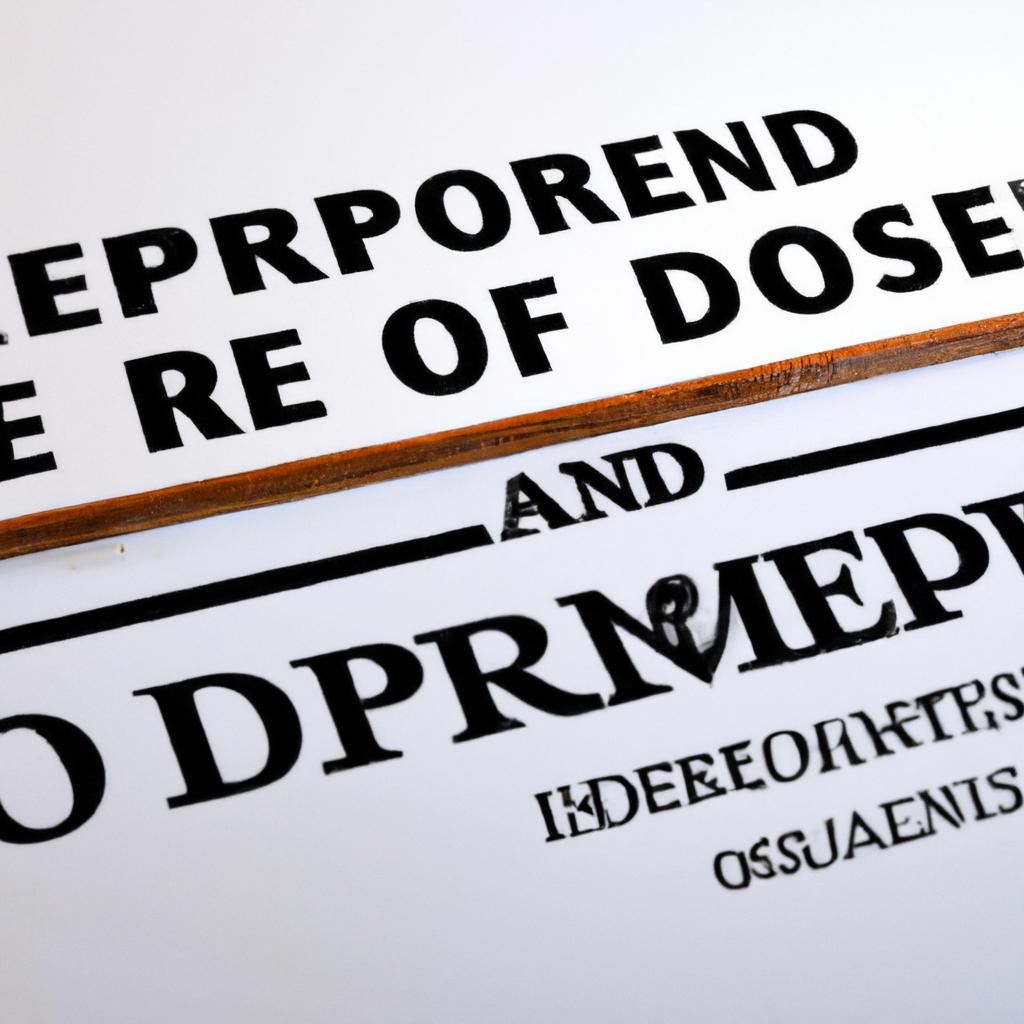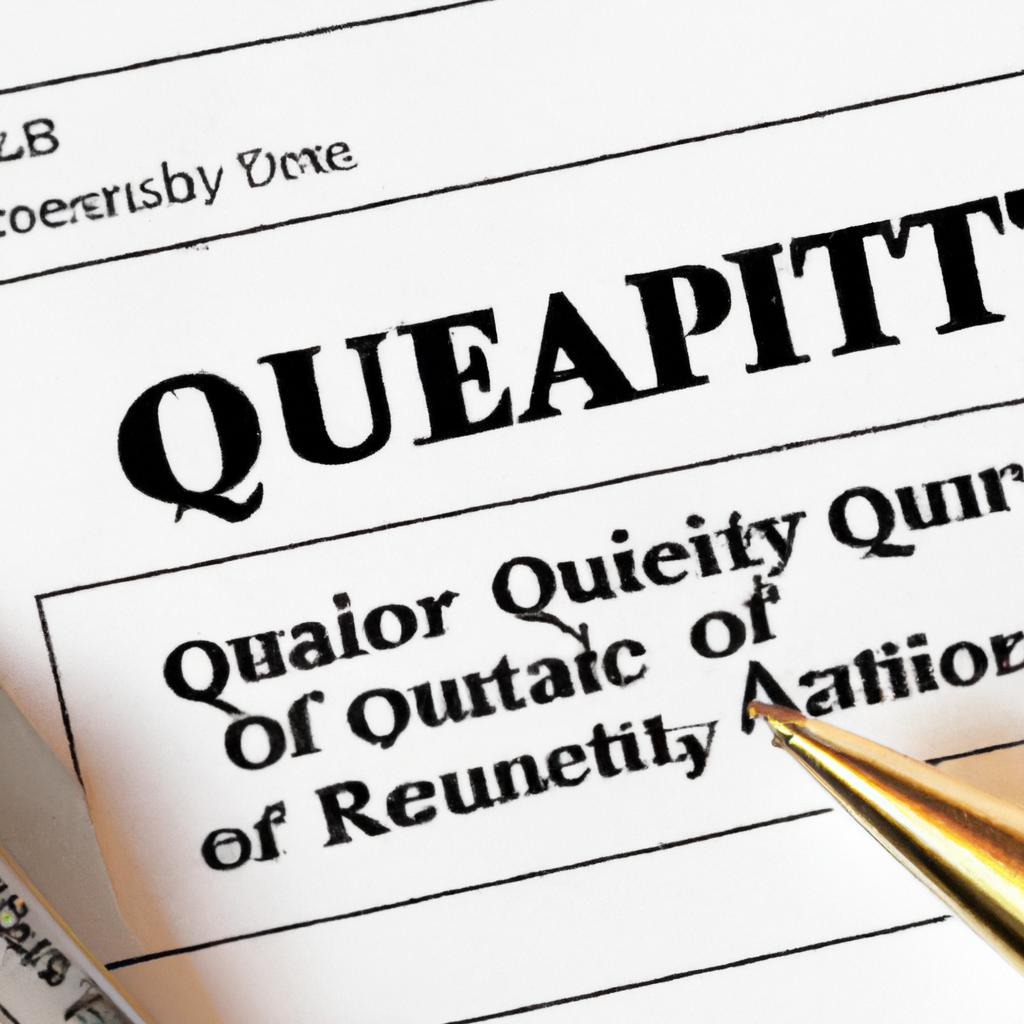When a parent passes away, many legal and financial matters must be addressed, including the transfer of property ownership. In the case of a house, changing the deed after the death of a parent requires navigating complex legal processes. As experienced attorneys at Morgan Legal Group in New York City, we specialize in estate planning, probate, elder law, Wills, and trusts. In this article, we will guide you through the steps involved in changing the deed on a house after the death of a parent, ensuring a seamless and legally sound transition of property ownership.
Update the Title Deed Ownership of the Property
In order to update the title deed ownership of a property after the death of a parent, it is essential to follow the legal procedures set forth by the state. Firstly, it is crucial to obtain a certified copy of the death certificate of the deceased parent. This document serves as proof of the parent’s passing and will be required for various legal processes.
Next, it is necessary to file a petition for probate with the court. This court-supervised process is designed to ensure that the deceased parent’s assets are distributed according to their wishes and the law. During this process, the court will appoint an executor or personal representative, who will be responsible for managing the parent’s estate and overseeing the transfer of the property title deed to the rightful heirs. Below is a simplified table outlining the steps involved in changing the deed on a house after the death of a parent:
| Step | Description |
|---|---|
| 1 | Obtain certified copy of death certificate |
| 2 | File petition for probate with the court |
| 3 | Appointment of executor or personal representative |
| 4 | Transfer of property title deed to heirs |
During a consultation with a probate attorney, they will assess the situation and provide expert advice on the best course of action. They can guide you through the necessary steps to transfer the deed, including identifying any potential challenges and addressing them effectively. By working with a seasoned probate attorney, you can minimize the risk of legal issues arising in the future and ensure a smooth transition of property ownership. Remember, each case is unique, so it is essential to seek personalized legal advice to protect your interests and rights.
Consider Establishing a Trust to Avoid Probate
If you are facing the challenge of changing the deed on a house after the death of a parent, it is essential to . By creating a trust, you can potentially bypass the lengthy and costly probate process, ensuring a smoother transition of property ownership.
One advantage of establishing a trust is that it allows you to designate beneficiaries who will inherit the property without the need for court involvement. Additionally, a trust can provide privacy for your family, as the details of the transfer of property will remain confidential. Consult with our experienced legal team at Morgan Legal Group in New York City to discuss the benefits of setting up a trust to facilitate the transfer of property after the death of a parent.

Transfer Property Ownership Through a Quitclaim Deed
If you are seeking to following the death of a parent, it is important to understand the legal process involved in changing the deed on a house. A quitclaim deed is a legal document used to transfer property from one party to another without any warranties or guarantees about the property’s title. This type of deed is commonly used in situations where the transfer of ownership is between family members or in cases of divorce.
When dealing with a quitclaim deed to change the ownership of a property after the death of a parent, it is essential to follow the correct procedures to ensure a smooth and legally binding transfer. It is recommended to consult with a qualified attorney specializing in estate planning and probate law to guide you through the process. Additionally, it is important to gather all necessary documentation, such as the death certificate of the deceased parent and any relevant estate planning documents, to support the transfer of property ownership.
Q&A
Q: How do I change the deed on a house after the death of a parent?
A: Changing the deed on a house after the death of a parent can be a daunting task, but with the right guidance, it is certainly possible.
Final Thoughts
In conclusion, navigating the process of changing the deed on a house after the death of a parent can be a complex and emotional journey. By following the necessary steps and seeking guidance from professionals, you can ensure a smooth transition of ownership and honor your parent’s legacy. Remember, the house may hold memories of the past, but it is the love and connection shared with your parents that truly make it a home. So, as you embark on this journey of change, may you find peace and clarity in preserving your family’s history and creating a new chapter for the future.
 Title: How to Change Deed on House After the Death of a Parent
Title: How to Change Deed on House After the Death of a Parent
Losing a parent is a difficult and emotional experience. Along with the grieving process, you may also have to navigate through various legal and financial matters. One such issue that may arise is changing the deed on your parent’s house after their passing.
The deed is a legal document that shows ownership of a property. After the death of a parent, the title or ownership of a property needs to be transferred to the rightful heir or beneficiaries. This process is known as “probate” and can often be complex and overwhelming. In this article, we will discuss the steps involved in changing the deed on a house after the death of a parent and provide helpful tips and relevant information.
Step 1: Locate the Deed of the Property
The first step in changing the deed on a house is to locate the deed itself. This document is typically kept in a safe or with other important documents. If you are unable to locate the deed, you can contact the county clerk’s office where the property is located. They will have records of all property deeds and can help you obtain a copy.
Step 2: Obtain a Certified Copy of the Death Certificate
The next step is to obtain a certified copy of your parent’s death certificate. This document is crucial as it proves the passing of the property owner and will be required for various legal and financial processes. You can obtain a certified copy from the vital records office in the state where your parent passed away.
Step 3: Identify the Estate Executor or Administrator
If your parent had a will, they would have named an executor or personal representative who will handle their estate after their death. This person is responsible for overseeing the distribution of assets, including the property in question. If there is no will, the court will appoint an administrator to handle the estate. You will need to work with the estate executor or administrator to transfer the deed of the property.
Step 4: Determine the Type of Ownership
The type of ownership your parent had on the property will determine the process of changing the deed. If they owned the property solely, then the transfer of the deed is relatively straightforward. However, if they had joint ownership with another person, such as a spouse or co-owner, the process may vary. It is essential to consult with an attorney to determine the best course of action in these situations.
Step 5: Prepare and File the Transfer Deed
To transfer the deed of the property to the rightful heir, you will need to prepare and file a transfer deed with the county clerk’s office. This document will include the necessary information, such as the name of the deceased, the name of the new owner, and a legal description of the property. It must be signed by the executor or administrator and notarized. You may also need to pay a filing fee, which varies by state.
Step 6: Update the Property’s Title
Once the transfer deed has been filed, the property’s title will officially be transferred to the new owner. This document will need to be updated with the county assessor’s office and the property tax collector. It is crucial to update the title as soon as possible to avoid any potential legal or financial complications.
Additional Considerations:
– If your parent had a mortgage on the property, it is essential to inform the lender of their passing. You may need to work with the estate’s executor or administrator to determine if the mortgage can be assumed by the new owner or if it needs to be paid off.
– In some states, there may be a waiting period or specific requirements for transferring property after a death. It is vital to research the laws in your state and seek legal advice if necessary.
– The transfer of the deed may also have potential tax implications. It is best to consult with a tax professional to understand and account for any tax consequences.
– If there are multiple heirs involved, it is essential to work together and communicate effectively during this process. It can help to consult with an attorney or mediator to avoid any conflicts.
In conclusion, changing the deed of a house after the death of a parent may seem like a daunting and overwhelming task. However, by following the necessary steps and seeking professional guidance when needed, you can ensure a smooth and efficient transfer of the property’s ownership. Remember to take care of yourself during this challenging time and seek support from your loved ones.

